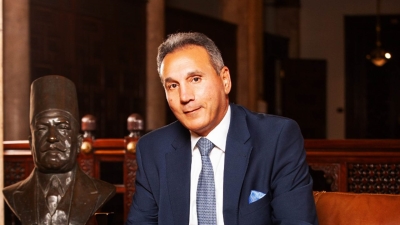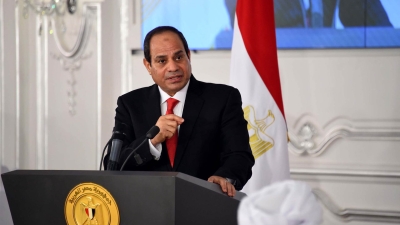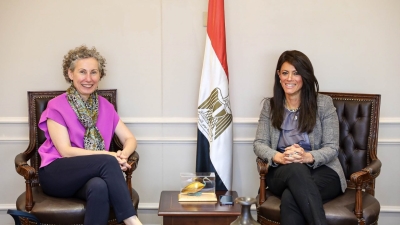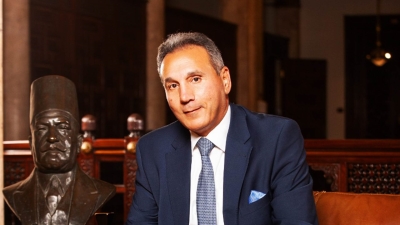Abd El-Razzak El-Sanhuri, The Egyptian constitution Godfather
First Bank
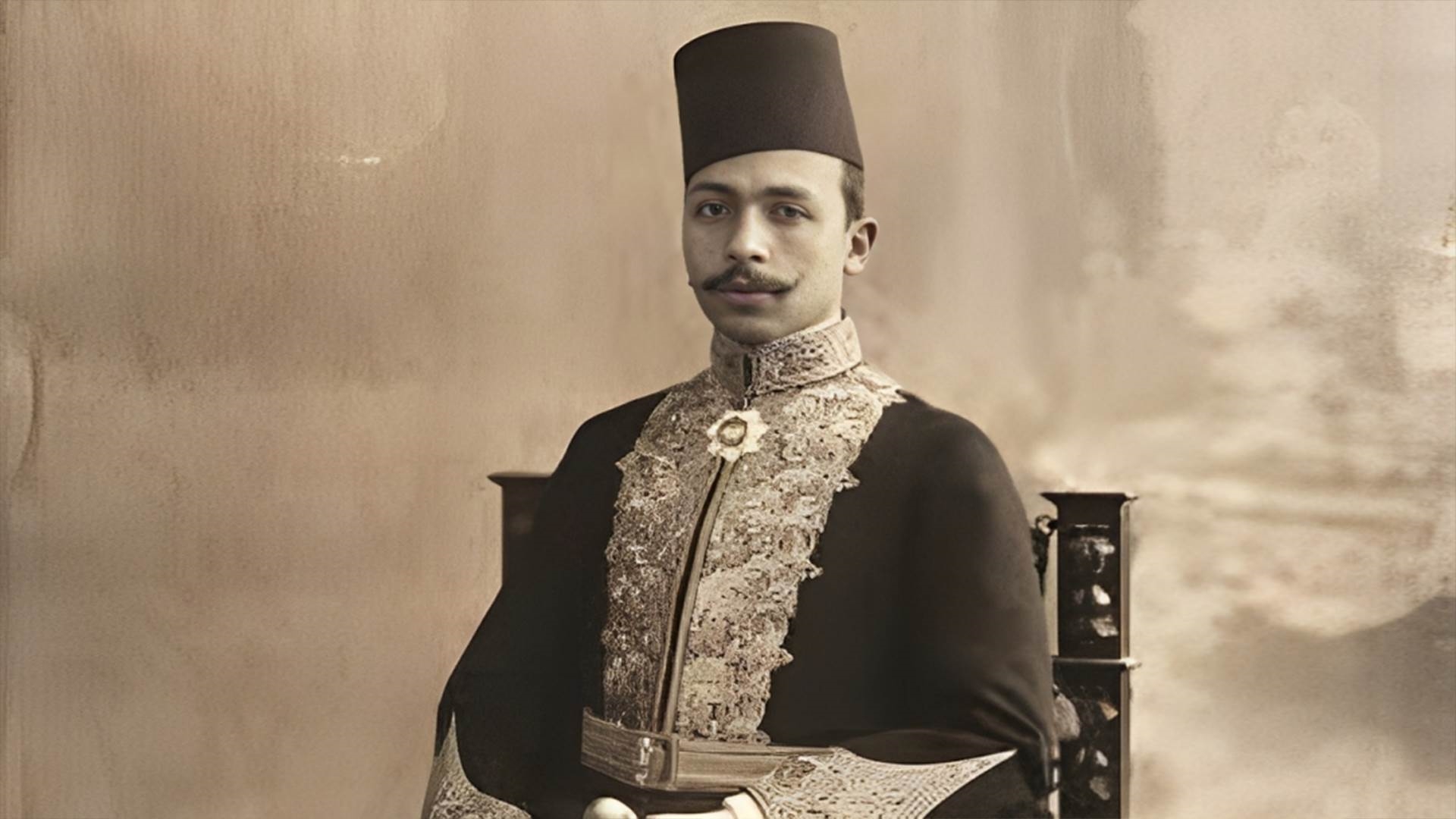
Abd El-Razzak El-Sanhuri is considered a giant in civil law and one of the prominent figures in jurisprudence and law in the Arab world. His extensive expertise played a significant role in drafting several Arab countries' constitutions.
He also contributed to the development of the new civil law in Iraq, Damascus, and Libya. He was known for his support of July 1952 revolution and participated in drafting the Egyptian constitution after the abolition of the 1923 constitution.
Born in Alexandria in August 1895 to a poor family, Sanhouri grew up as an orphan after his father's death when he was only five years old. He began his education in traditional schools and eventually obtained his secondary school certificate in 1913, ranking second among Egyptian students.
He went on to earn a Bachelor of Laws degree in 1917 from the Khedivial School of Law in Cairo, where he achieved the top rank among all students. Despite working as a government employee in the Ministry of Finance, he pursued his studies.
In 1920, Sanhouri was appointed as the Deputy Prosecutor General, and he transitioned from working in the prosecution to teaching law at the School of Sharia Law, one of Egypt's most important higher education institutions that contributed to the renewal of Islamic thought since its establishment in 1907.
During his time there, he taught several renowned scholars and thinkers, including Ahmed Ibrahim, Abdelwahab Khalaf, Abdelwahab Azzam, and Ahmed Amin, with Sheikh Mohammed Abu zahra among his notable students.
In 1921, he traveled to France for an academic mission to study law at the University de Lyon. It was during his time in France that he developed his Islamic perspective and began to critically assess Western civilization, questioning the fascination with the West.
In France, he wrote his reformist thesis known as the "Program Articles," outlining his vision for reform. He completed his doctoral thesis on "Contractual Limitations on the Freedom to Work in English Law," which earned him the award for the best doctoral thesis. He also completed another thesis on the caliphate and its evolution into an Eastern Nations' organization.
Upon his return in 1926, he became a professor of civil law at the Faculty of Law at the Egyptian University (now Cairo University). In 1935, he accepted an invitation from the Iraqi government to establish a law school, publish a legal journal, and draft the civil code for Iraq. He made significant contributions to legal education in Iraq.
After returning to Egypt from Baghdad in 1937, he served as the dean of the Faculty of Law and led Egypt's delegation to the International Congress of Comparative Law in The Hague. He was then entrusted with the task of drafting Egypt's new civil code, which he successfully completed.
El-Sanhuri left his teaching position at the university in 1937 and joined the judiciary, becoming a judge in the Mixed Court in Mansoura. He later served as an attorney general, a counselor, and a lawyer for the Ministry of Public Education, although he didn't have a particular fondness for practicing law.
He also held the position of Minister of Public Education in several Egyptian governments from 1945 to 1949 and established Farouk University (now Alexandria University) and Muhammad Ali University. Additionally, he became a member of the Arabic Language Academy in Egypt in 1946.
In 1949, he was appointed as the President of the Egyptian State Council and implemented significant organizational and administrative reforms during his tenure. He established the council's first journal and transformed it into an institution that supported civil liberties. His tenure continued beyond the July 1952 revolution.
El-Sanhuri played a crucial role in drafting various civil laws and constitutions for several Arab countries, including the Egyptian Civil Code, Syrian Civil Code, Kuwaiti Constitution and its related laws, and the Sudanese Constitution, among others.
Abd El-Razzak El-Sanhuri passed away in 1971 at the age of 76, leaving a legacy as one of the foremost geniuses in the field of law and jurisprudence.


